VISION FESTIVAL 22 - DAY 1 & 2 - at JUDSON CHURCH - NYC, may 29-30
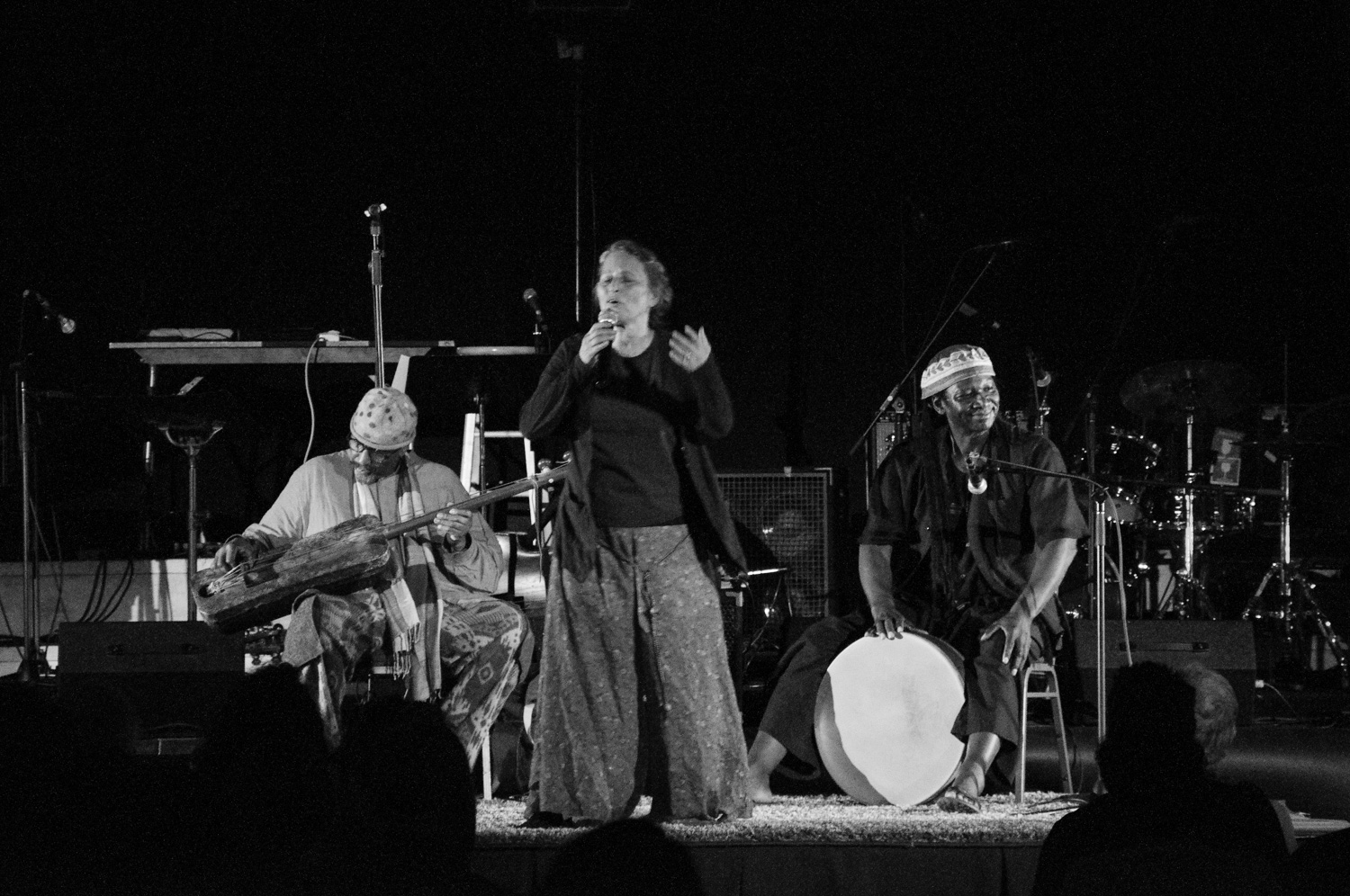
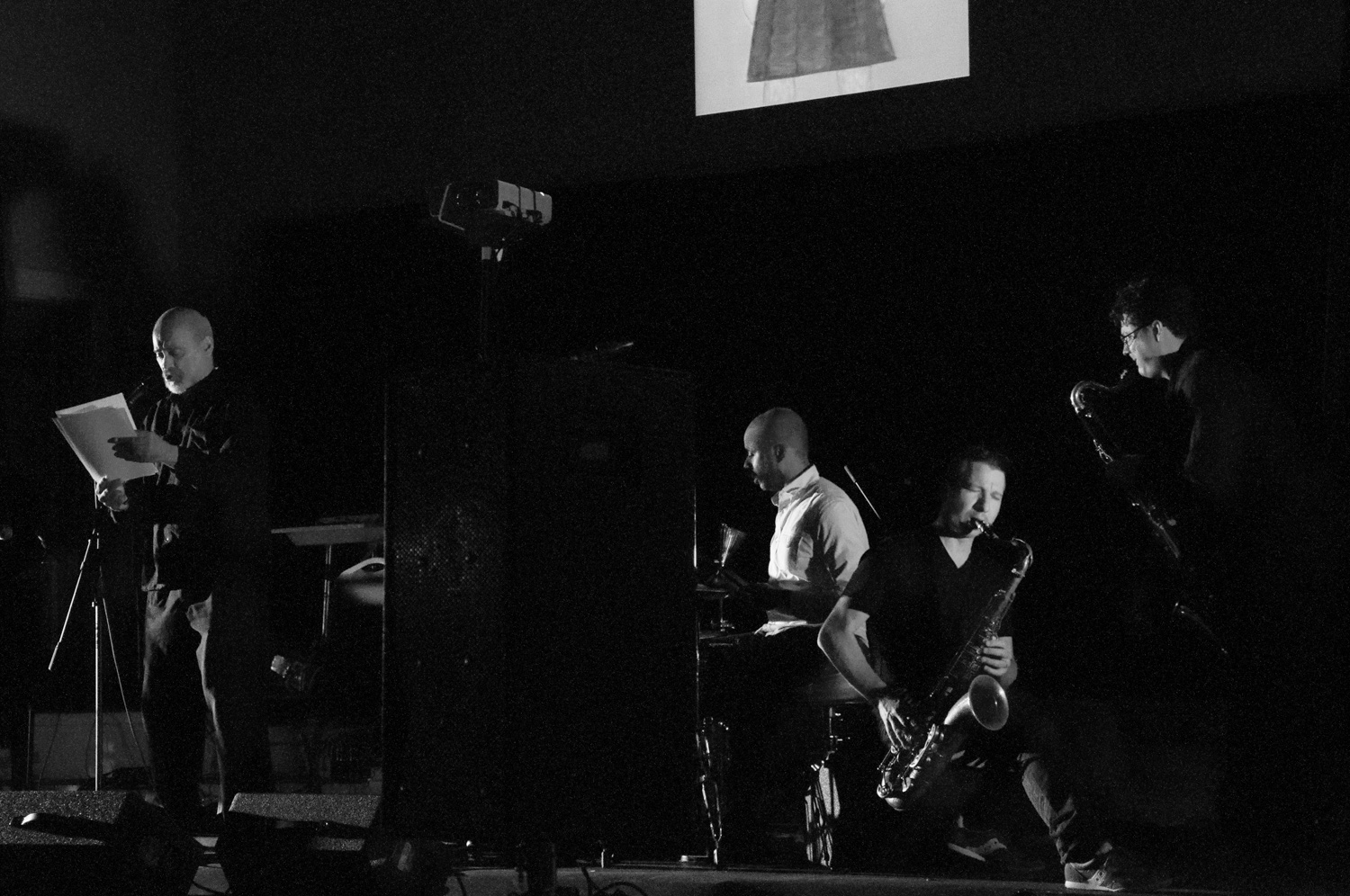

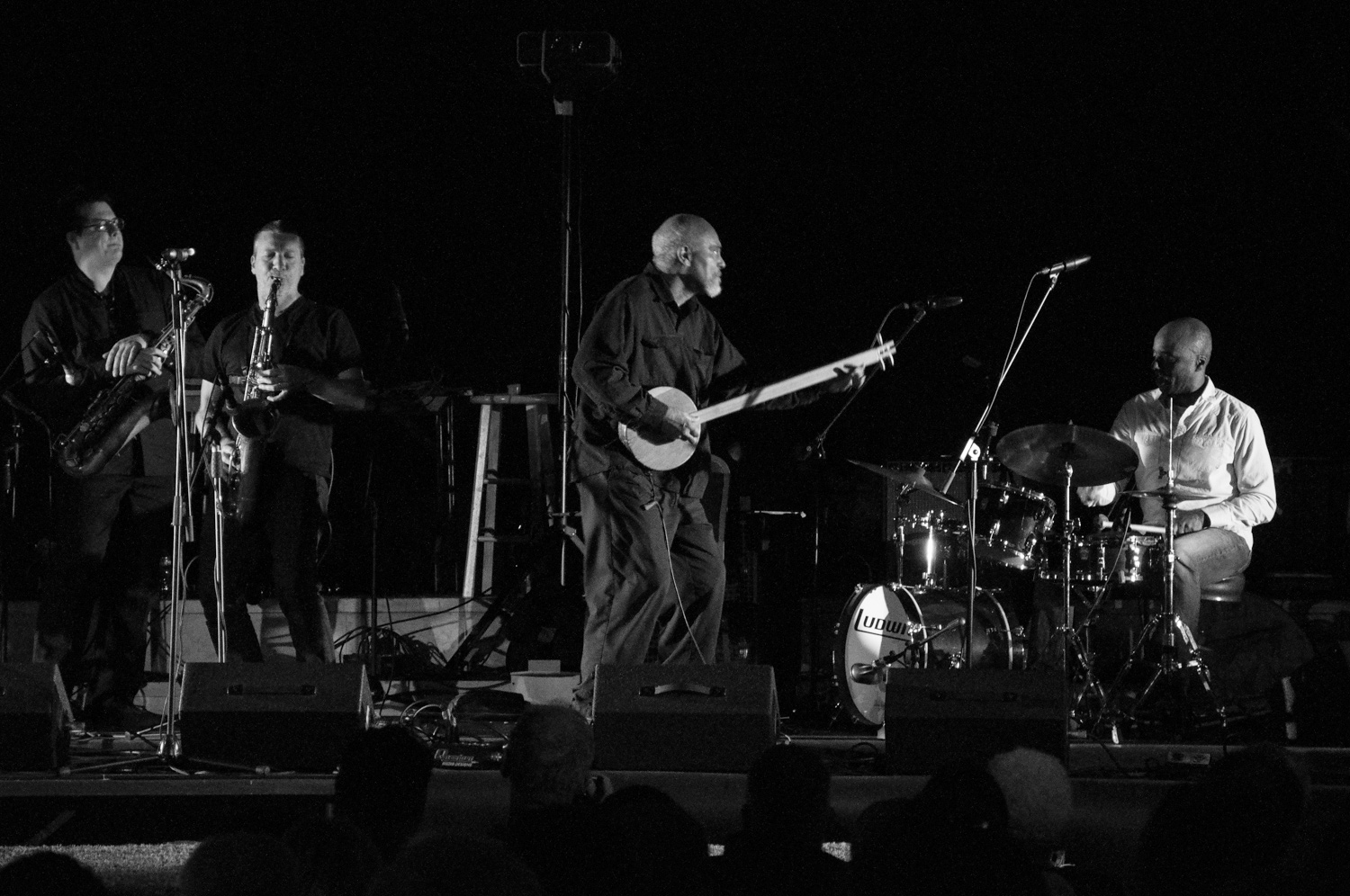
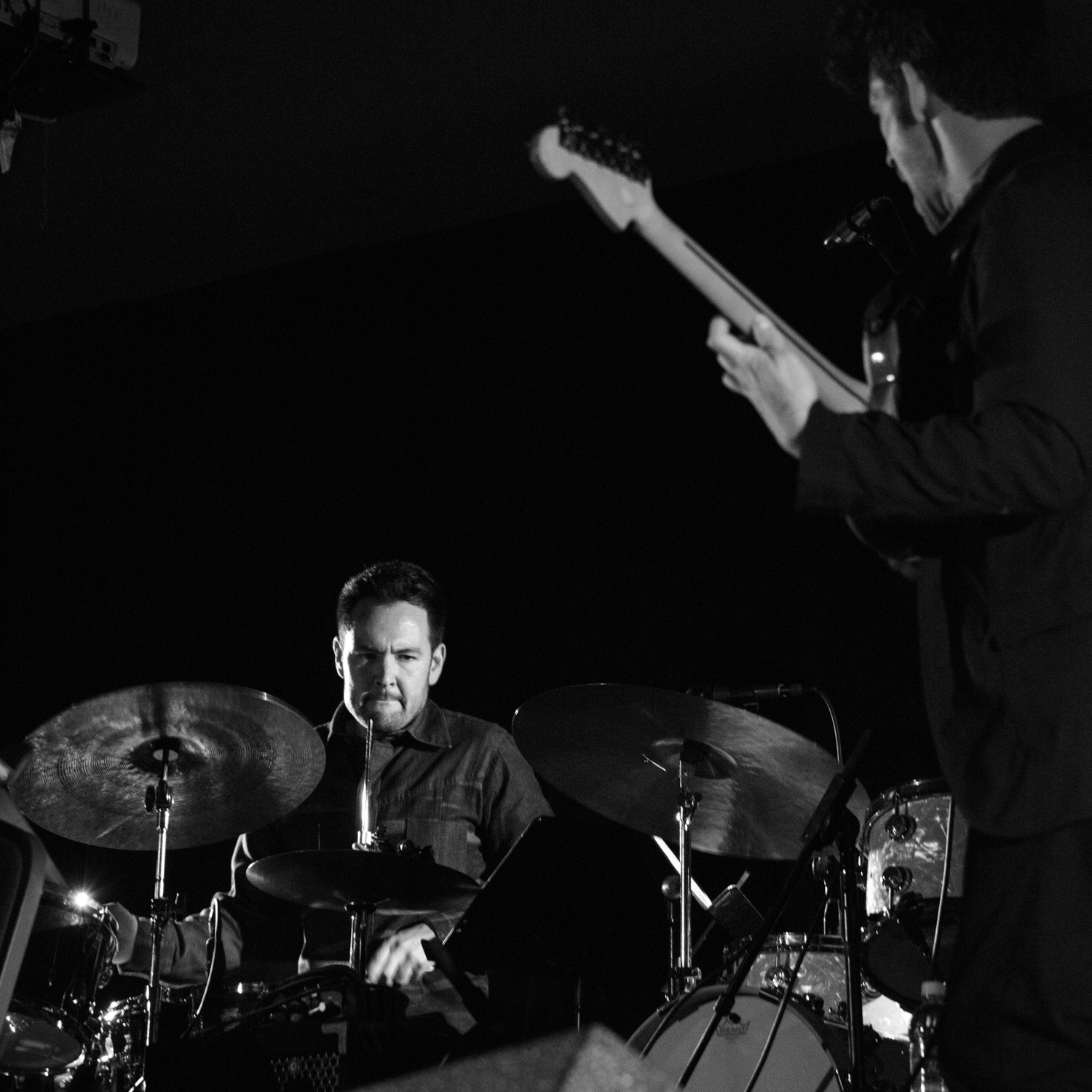
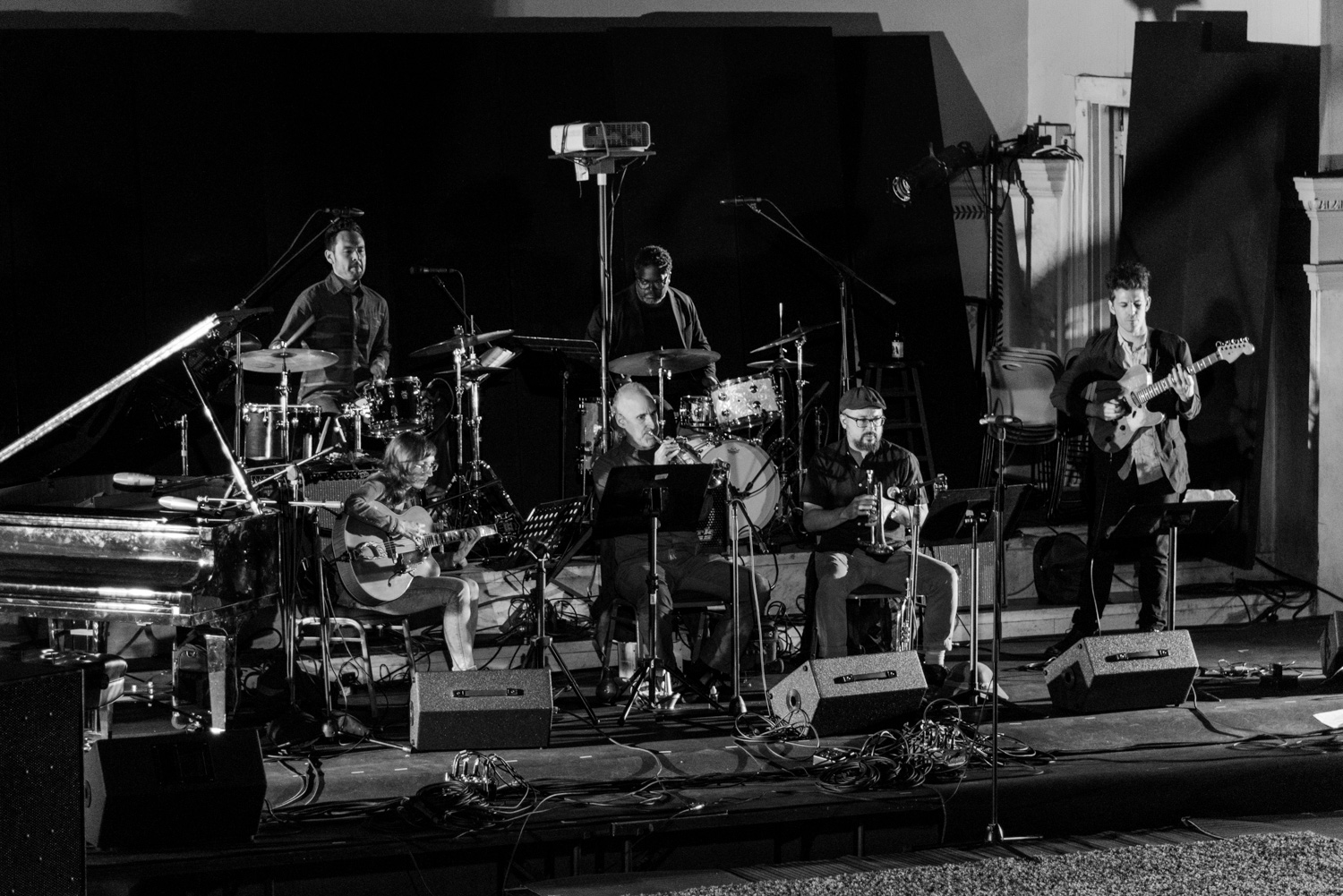

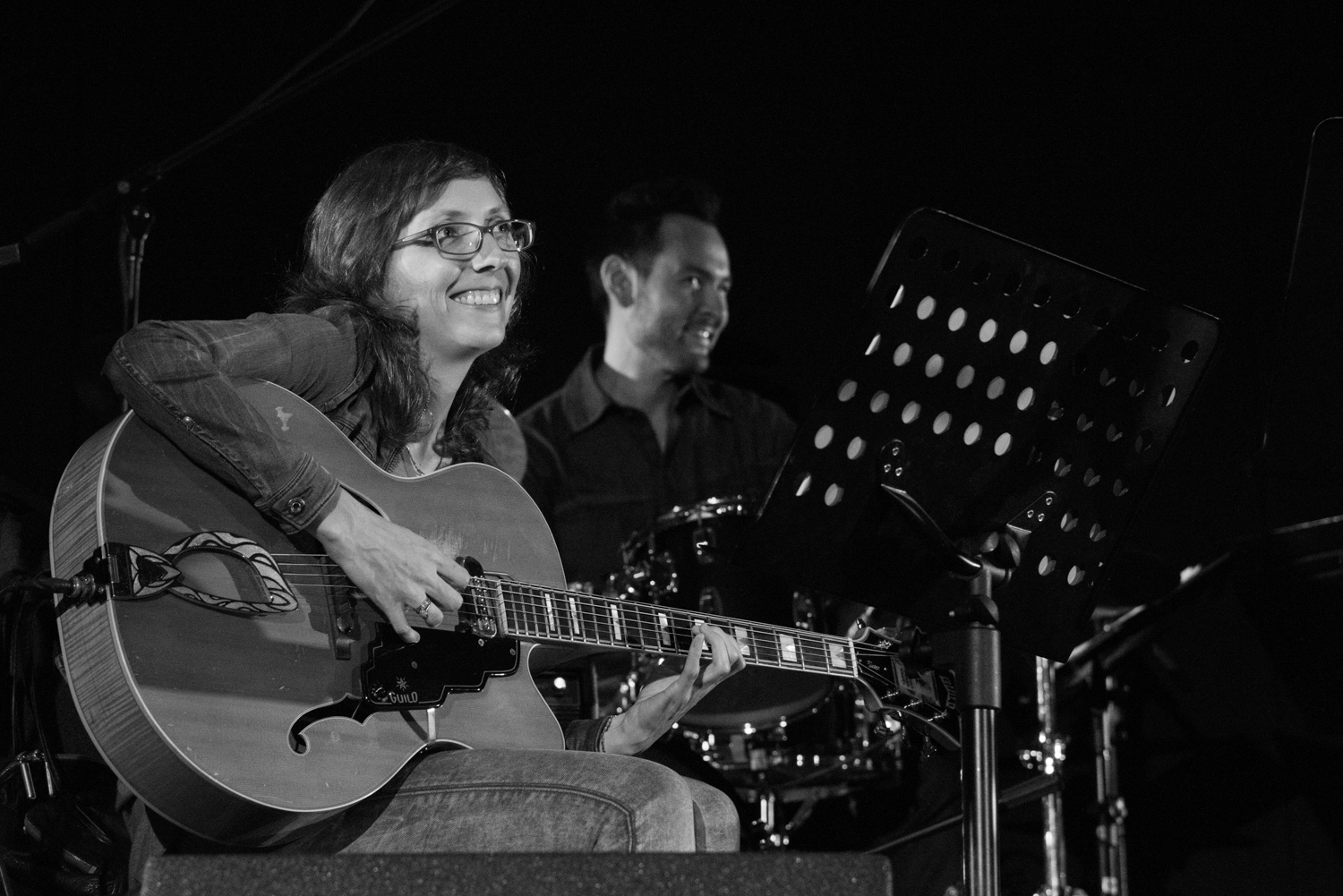
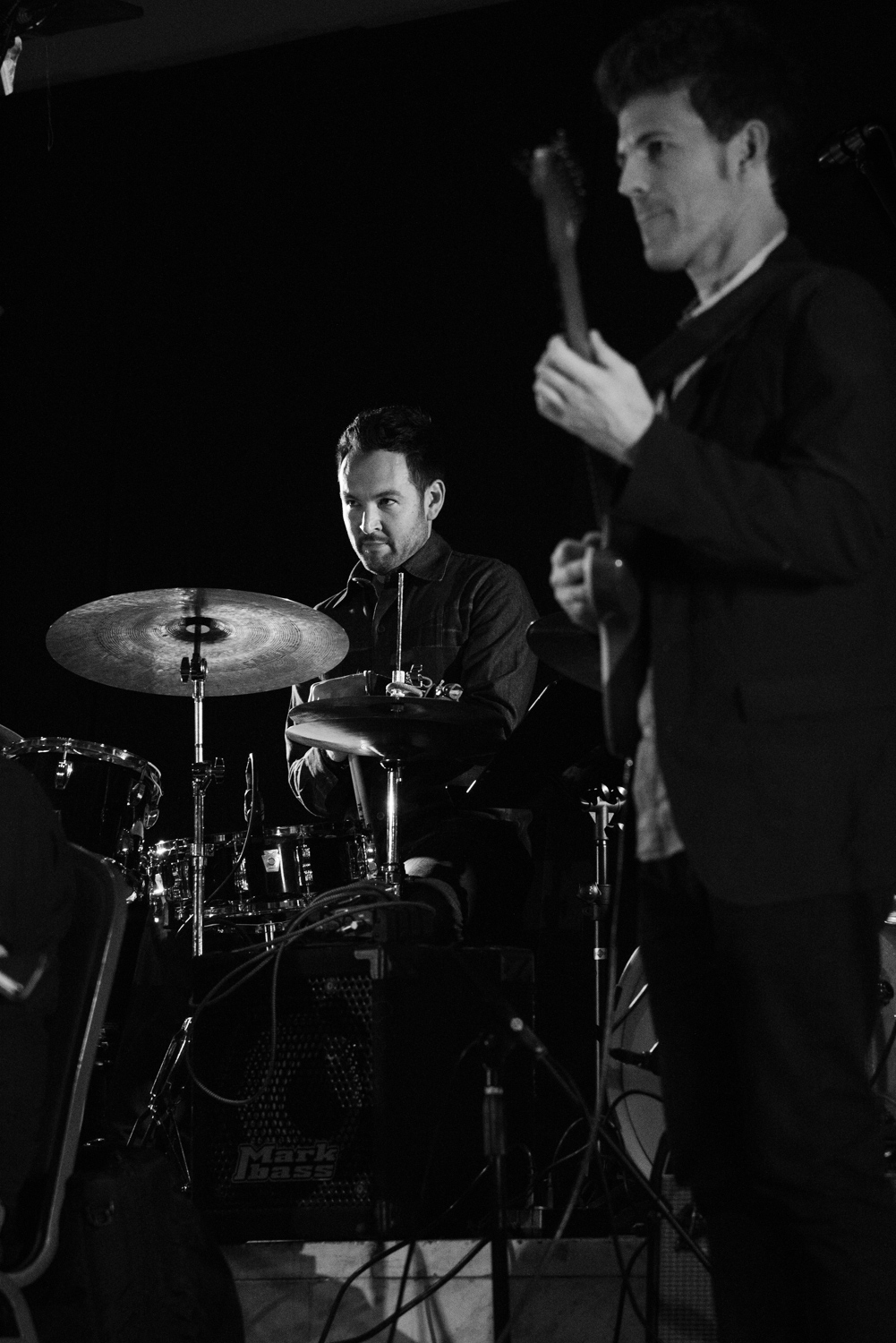


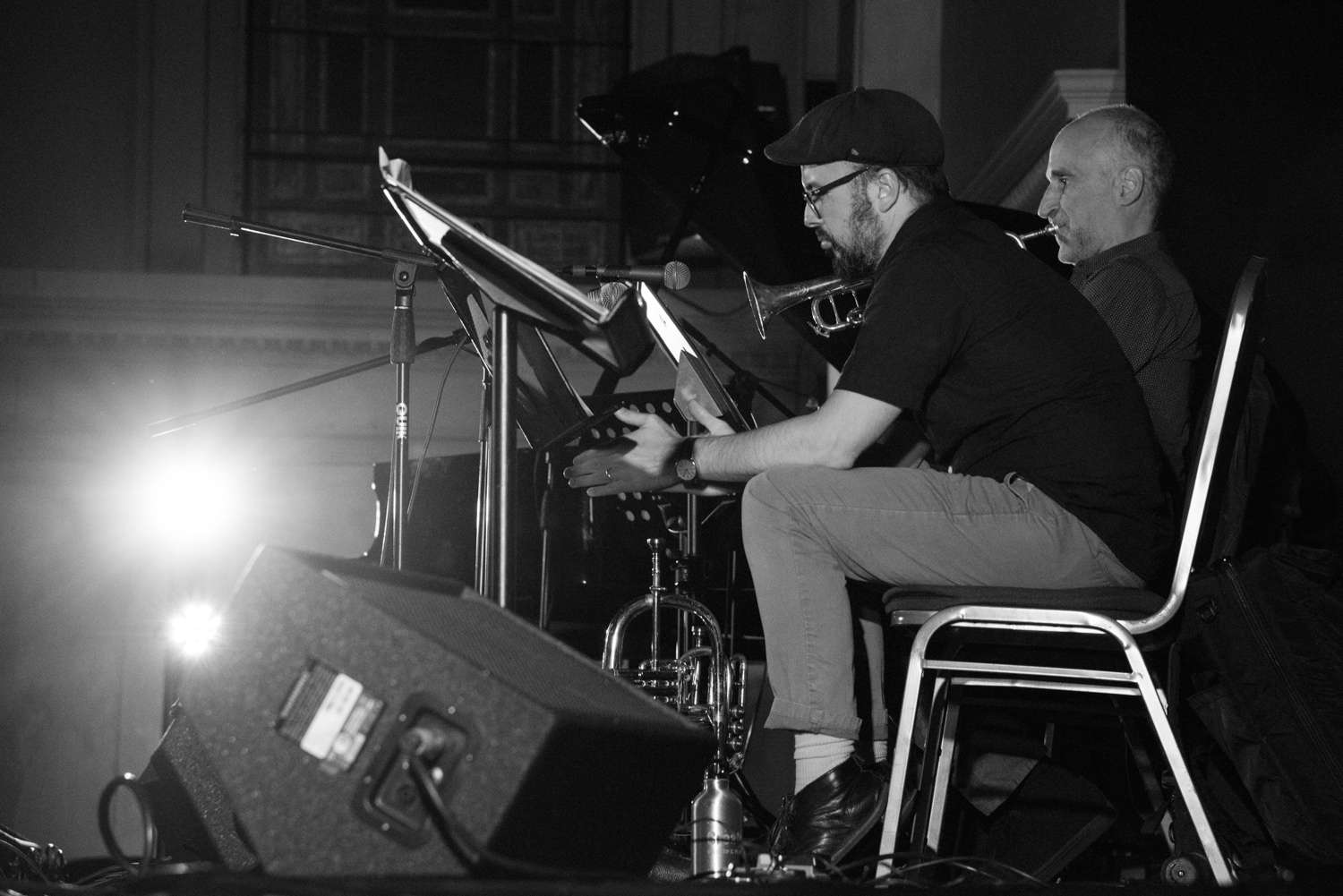
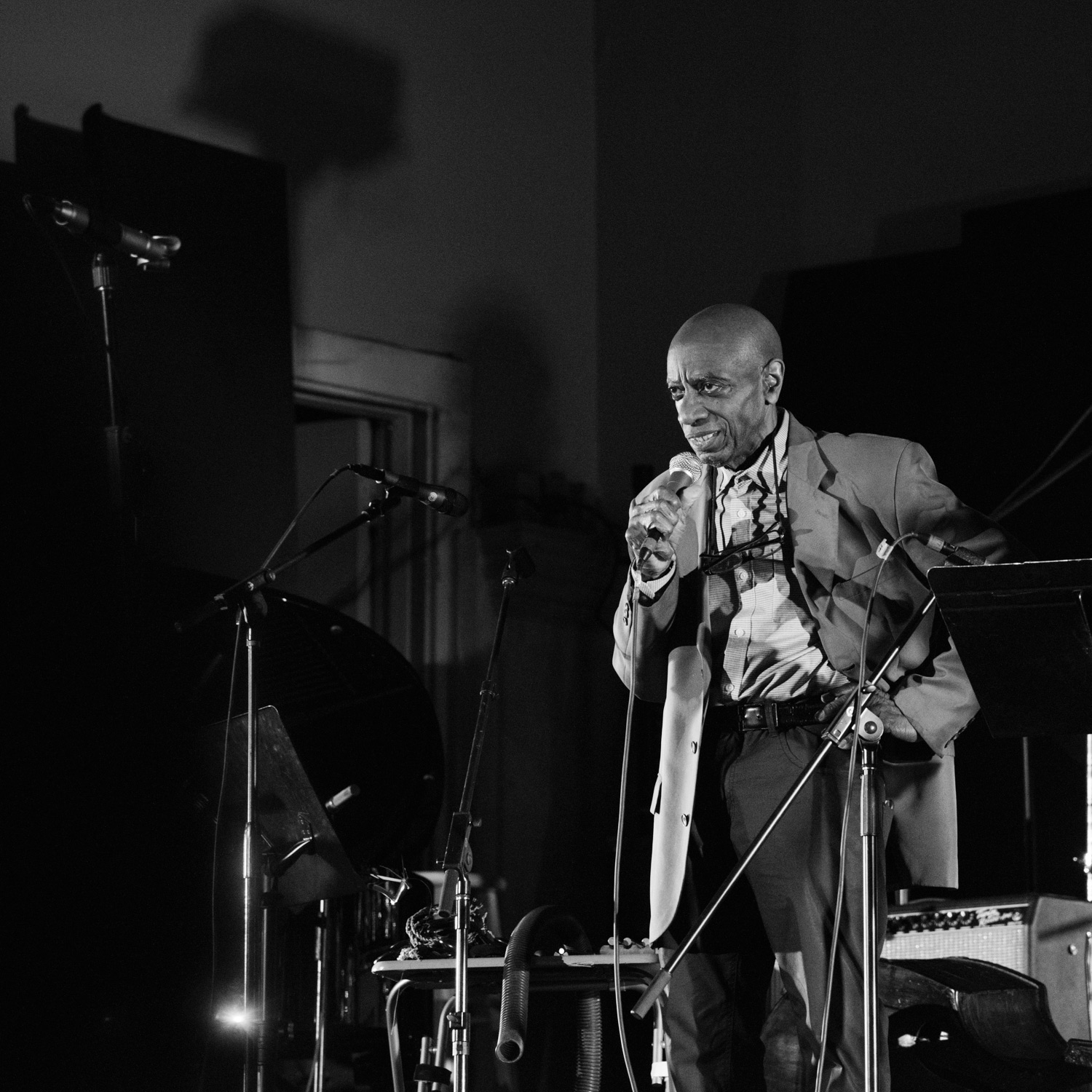
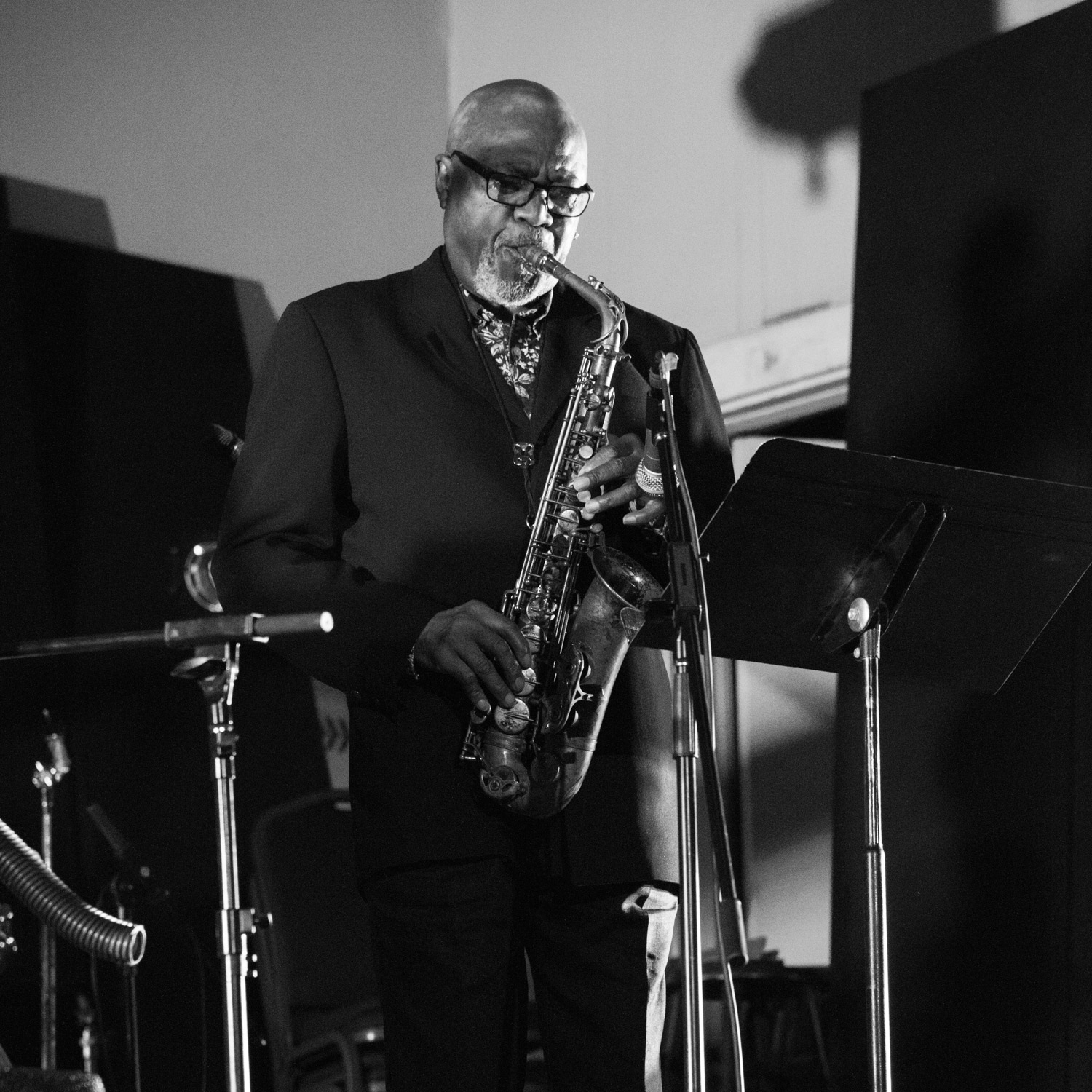
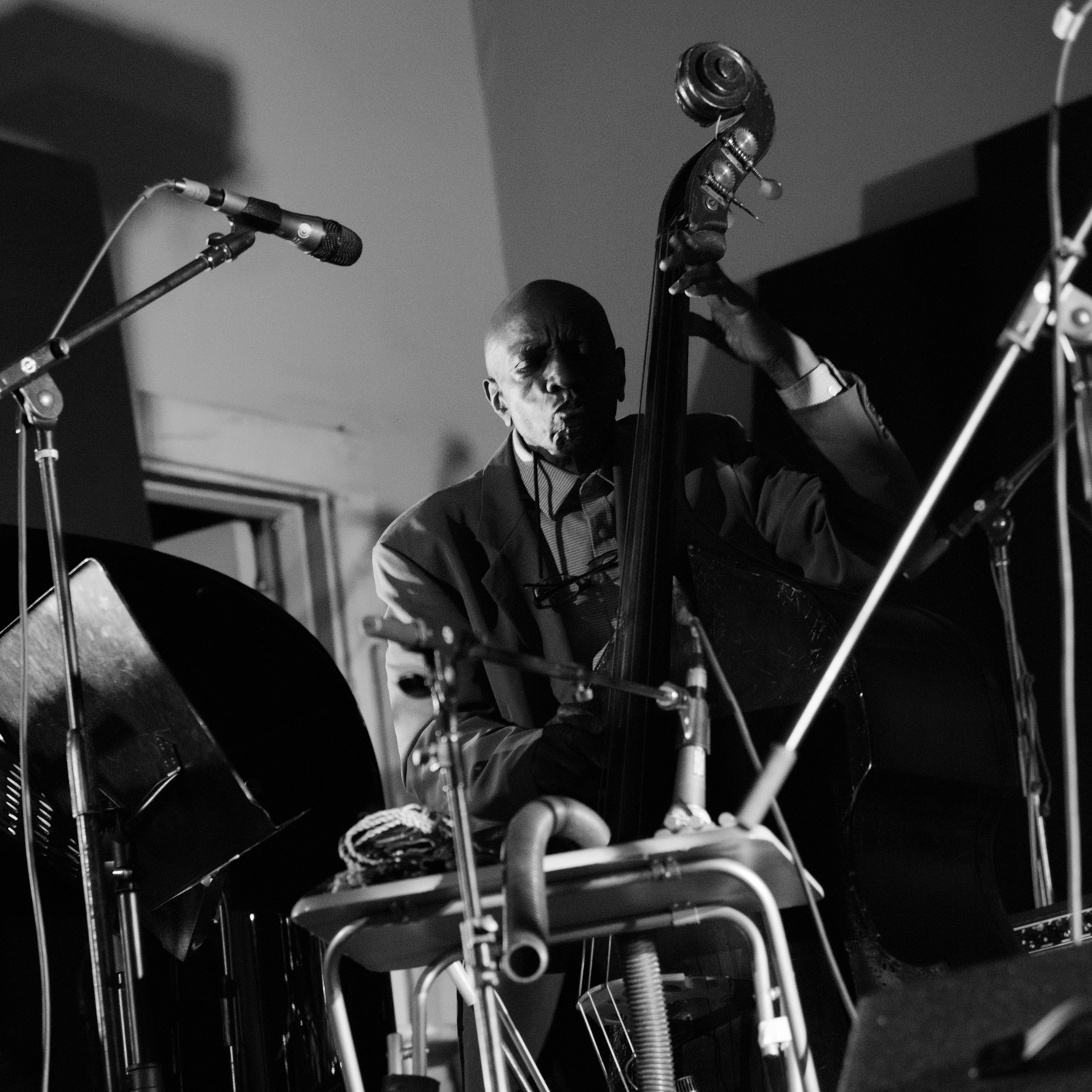
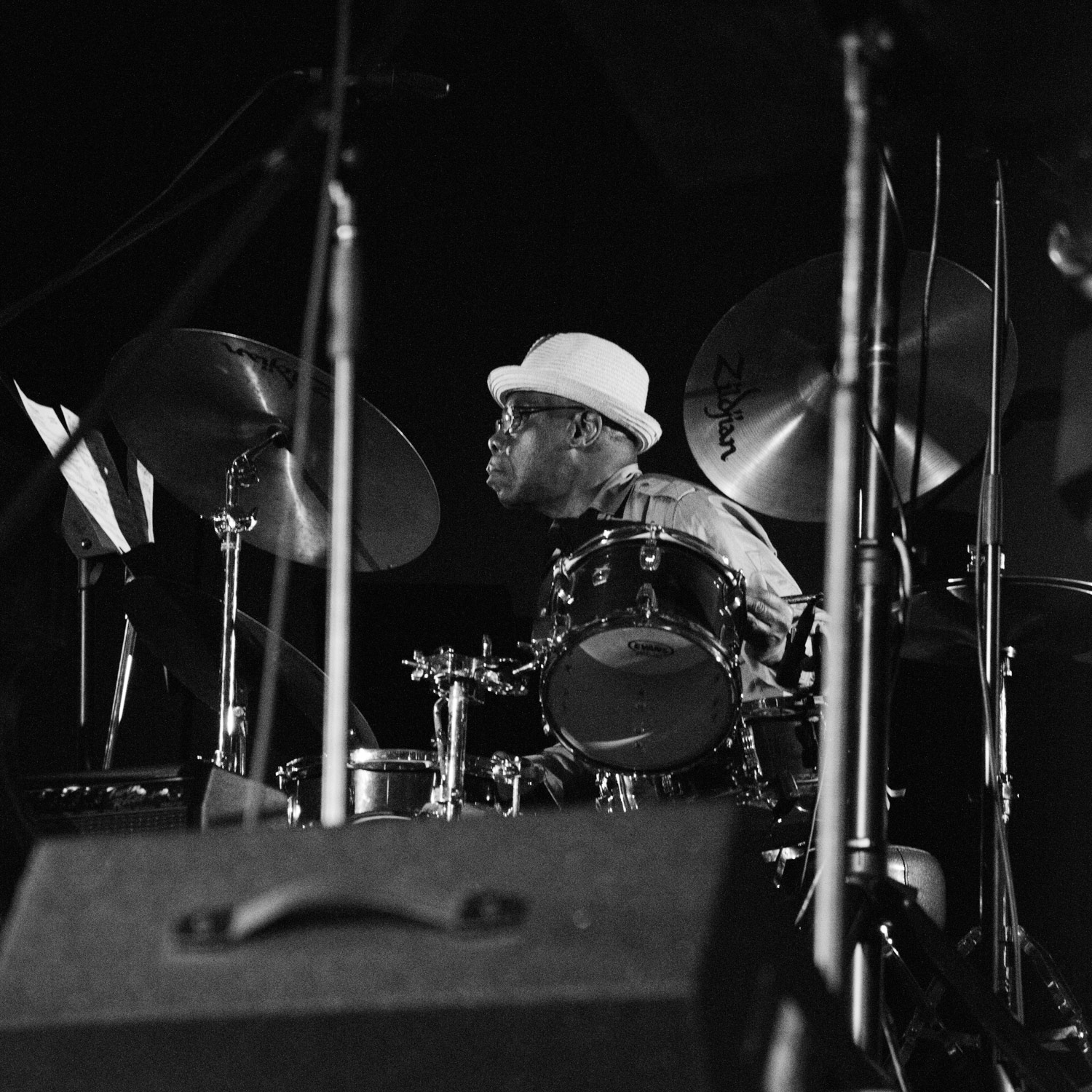
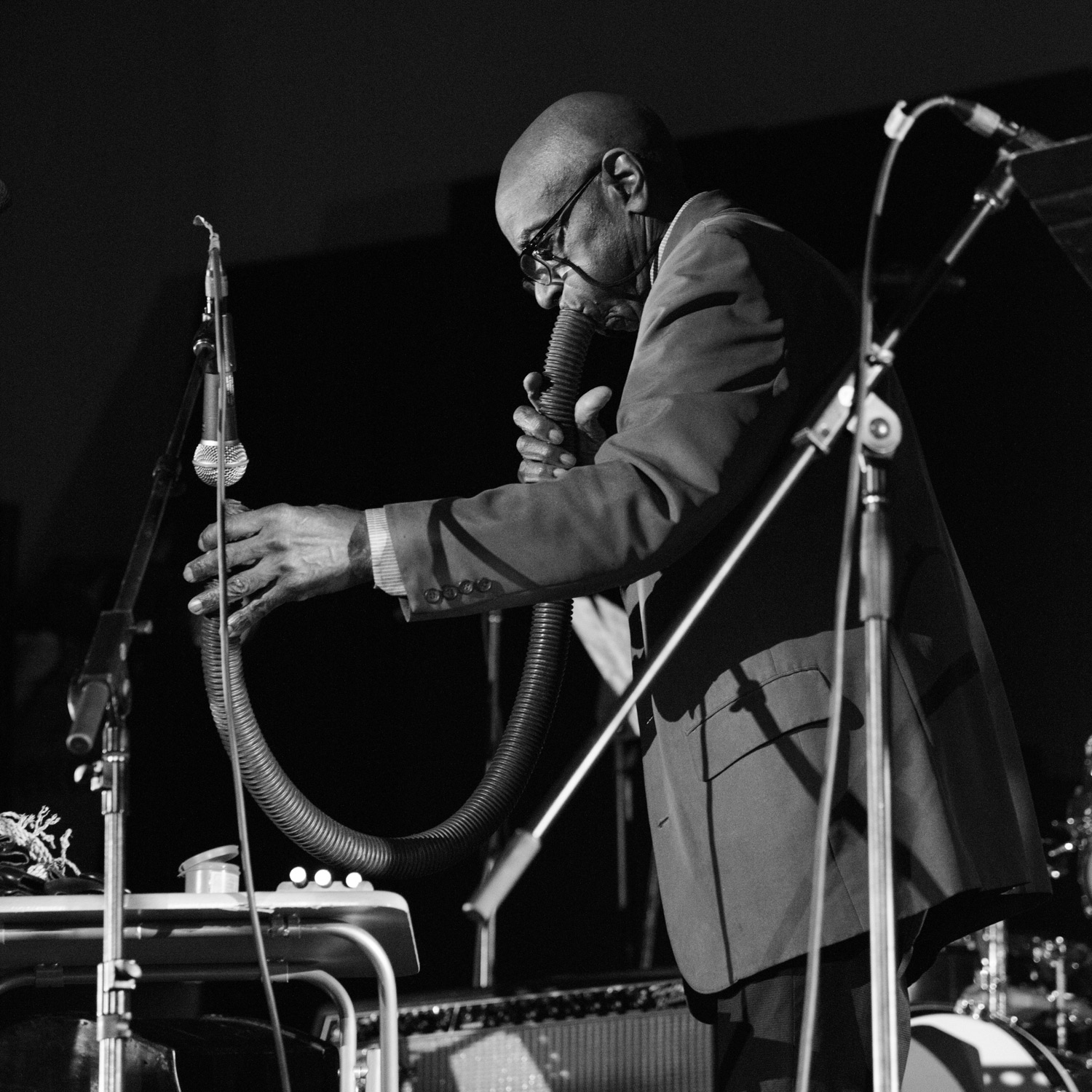
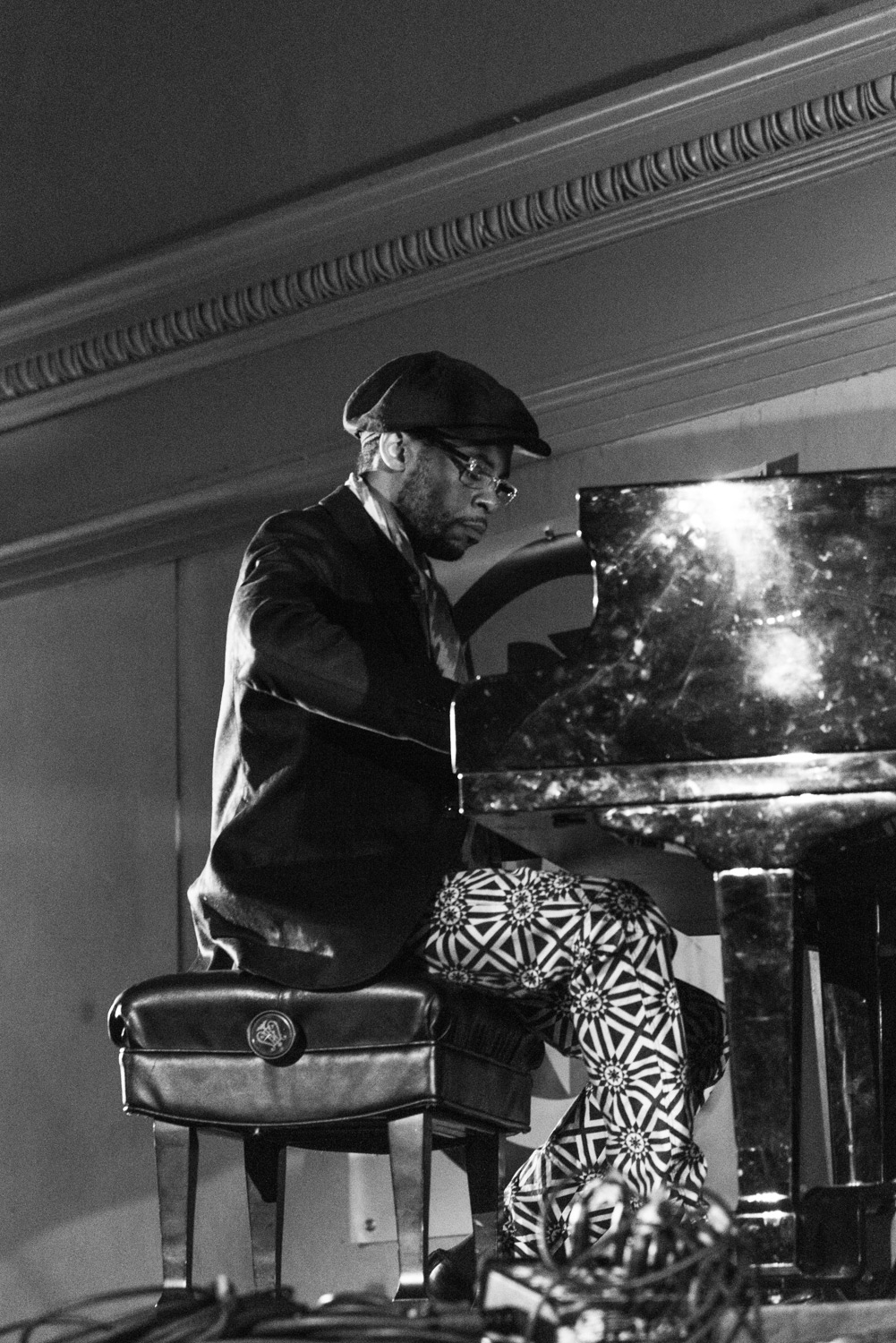
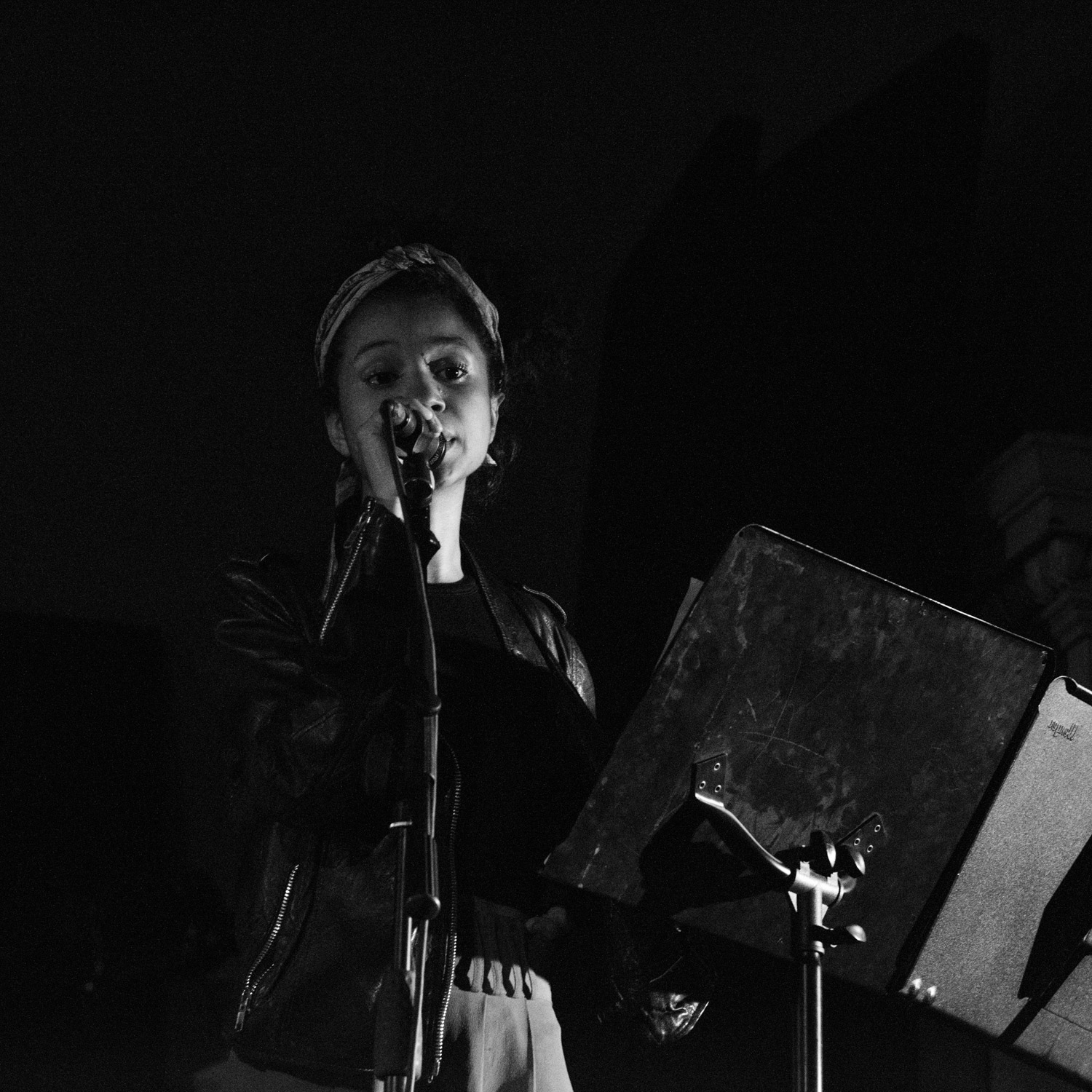
- Day 1 - photography by © Filipe Freitas / Day 2 -photography by © Clara Pereira / text by Filipe Freitas
//DAY 1//
Arts for Art’s Vision Festival 22, an intense annual burst of free jazz music, poetry, and dance, had its start on Monday, May 29 at Judson Church, NYC.
Virginia-born, New York-based pianist Cooper-Moore, whom the festival has honored with the Lifetime Achievement Award, dominated almost exclusively the first day of the event by playing three sets with three different projects. He has been a constant presence in the festival since its first year, back in 1996.
The performances had its inaugural act with an Invocation delivered by dancer-choreographer and Vision founder Patricia Nicholson, percussionist Hamid Drake, and bassist William Parker, who played exclusively gimbri on this short set.
Active for more than 20 years, In Order to Survive is an exciting quartet led by the acclaimed bassist William Parker. Besides Cooper-Moore on piano, the band features Rob Brown on alto saxophone and Hamid Drake on drums. For this special night, they rendered original tunes by the pianist, sculpting them with soulful grooves, deconstructing piano swirls, stimulating saxophone outbursts, and constantly shifting rhythms and moods. The influence of Thelonious Monk and Ornette Coleman was noticeable in most of the compositions.
With Digital Primitives, the honoree has played multiple handmade instruments while teaming up with regular mates, tenor saxophonist Assif Tsahar and drummer Chad Taylor. The band welcomed a guest tenorist, Brian Price, who infused extra power to the music by growling and roaring in a fierce turmoil.
The first tune was instigated by Tsahar’s early rambles, Cooper-Moore’s diddley-bow drones, and an accelerated rave-like rhythm, which was gradually cooled down until landing on a funk-tinged groove.
The second piece, a tuneful duet featuring Cooper-Moore on mouth-bow and Taylor on mbira, put a broad smile on everyone’s faces.
For the last composition, the band reserved us a powerful dance, often marked by dissonance, and where hard rock pulses sustained both the distorted three-string fretless banjo by Cooper-Moore and the ravaging advances of the horns. Rejoicing with the recognition, the pianist ended the show singing out loud “I’m so happy, so happy to be alive!”
Unfortunately, I couldn’t attend the remaining performances of the night.
//DAY2//
Up-and-coming drummer Tomas Fujiwara unveiled his intelligent new compositions by performing them in great fashion. He brought an exciting horn-guitar-drums double trio to the bandstand, creating high expectations for the upcoming album that comes out in October.
His group, made of fearless explorers, includes trumpeter Ralph Alessi, cornetist Taylor Ho Bynum, guitarists Mary Halvorson and Brandon Seabrook, and drummer Gerald Cleaver.
They served up well-seasoned sonorities cooked with top-notch ingredients like coherent polyrhythms, guitar polyphonies, acerbic horn hooks, and a variety of simple and complex time stamps.
Fujiwara’s style is a poised amalgam of impressionistic avant-jazz, strapping rock inflections, and other occasional world influences like we have the opportunity to discern in the last piece. Flawlessly arranged, this was pretty bold and provocative music, yet, at the same time, surprisingly accessible.
The Judson Church closed doors after the performance of Trio 3, group co-led by the experienced and highly respected avant-gardists Oliver Lake, Reggie Workman, and Andrew Cyrille, altoist, bassist, and drummer, respectively.
Adopting an expected free posture and embracing a somewhat hazy unorthodoxy with more or less dense layers, the trio had the company of Ayana Workman on spoken words and pianist Marc Cary, adapted to a style that is not what he has been digging.
